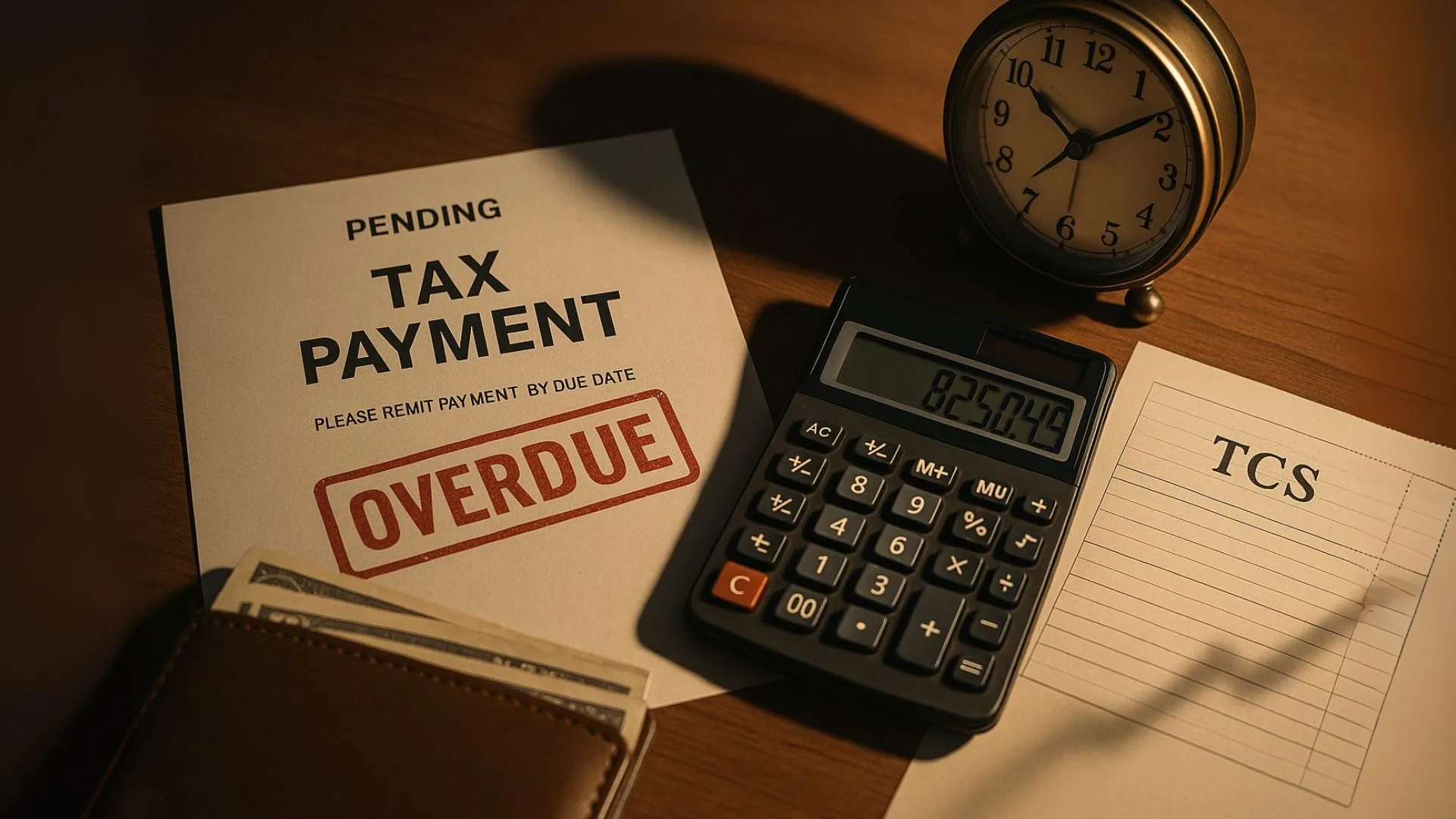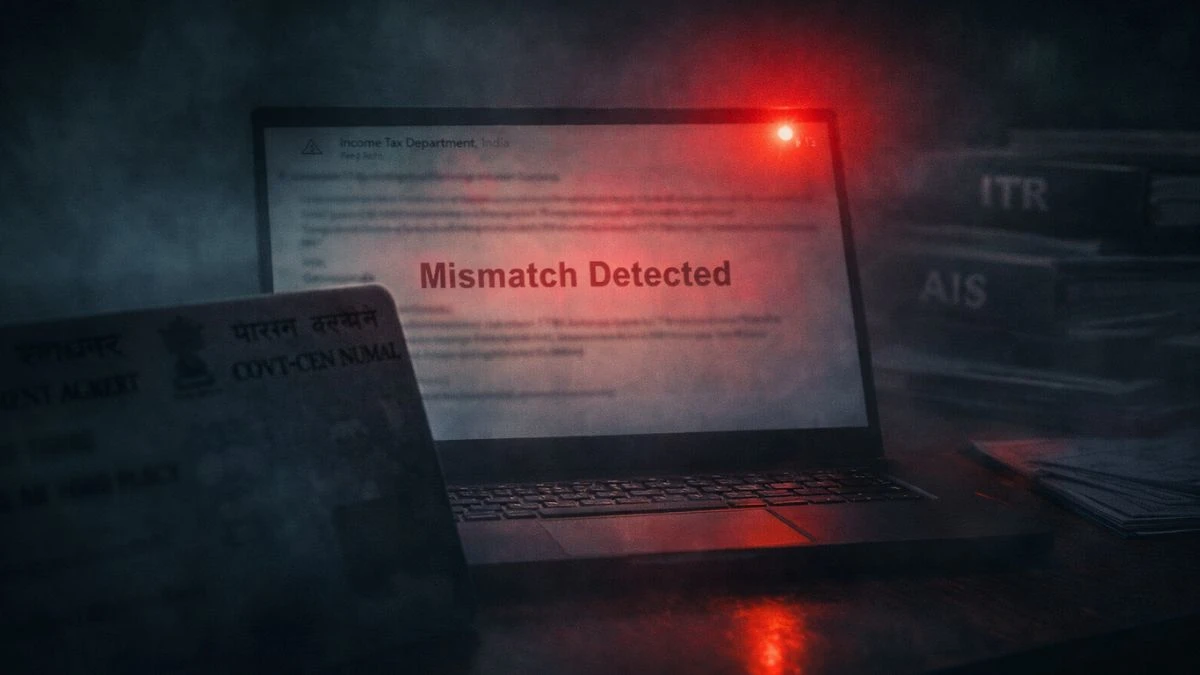
Tax laws in India are designed to ensure smooth revenue collection for the government. One such provision is Section 206C of the Income Tax Act, 1961, which deals with Tax Collected at Source (TCS). While most sellers are aware of their obligation to collect TCS from buyers on certain transactions, many overlook what happens when they fail to comply. This is where Section 206C(7) comes into play.
It deals with interest levied for failure to collect tax at source or failure to deposit it with the government. If a seller, required to collect TCS, does not do so or delays payment, he shall be liable to pay simple interest at the rate of one per cent per month until the date of payment.
Understanding Section 206C – The Parent Provision
Before diving into subsection (7), let’s briefly understand the main section:
- TCS stands for Tax Collected at Source.
- It is the tax payable by a seller which he collects from the buyer at the time of sale of goods.
- The goods covered include:
- Alcoholic liquor for human consumption
- Tendu leaves
- Timber obtained from forest lease
- Scrap
- Minerals like coal, lignite, iron ore
- Sale of motor vehicles above a specified value
- Foreign remittance & overseas tour packages (as per recent rules)
In simple terms, TCS is a tax collected on specific goods or transactions & deposited to the credit of the Central Government.
Scope of Section 206C(7)
Section 206C(7) specifically targets non-compliance with the TCS rules. It applies when:
- A seller fails to collect TCS from the buyer, or
- A seller collects TCS but fails to deposit it with the government within the due date.
In both situations, the seller must pay interest on the defaulted amount until it is deposited.
Key Points Under Section 206C(7)
- Applicable Parties – Sellers involved in profits & gains from the business of trading in alcoholic liquor, forest produce, scrap, etc.
- Tax Nature – Income deemed to be received by the seller but payable to the government.
- Interest Rate – Simple interest @ 1% per month or part thereof.
- Period of Interest Calculation – From the date tax was collectible to the date of actual payment.
- No Maximum Limit – Interest continues until the TCS is paid.
Also Read: A Complete Guide to TCS on Overseas Remittances and Tour Packages
Example to Understand
Suppose a timber trader was required to collect ₹50,000 TCS from a buyer in April but failed to deposit it until October.
- Months delayed – 6 months (April to October)
- Interest rate – 1% per month
- Interest amount – ₹50,000 × 1% × 6 = ₹3,000
This interest is over & above the actual TCS amount payable.
Why Section 206C(7) Matters
Many businesses see TCS as just another compliance task, but ignoring it can be costly. The interest is mandatory, meaning it will be charged even if the delay was unintentional.
Consequences of non-compliance:
- Financial burden due to interest liability
- Risk of penalty under other provisions
- Possible prosecution in extreme cases of wilful default
Situations Where Section 206C(7) Applies
- Failure to collect TCS at the time of sale
- Collection of TCS but delayed deposit
- Partial deposit of collected TCS
- Deposit made without interest in case of delay
Exemptions from TCS Collection
While TCS rules are strict, certain exemptions exist:
- Sale to government bodies
- Sale to embassies, high commissions, or consulates
- Sale to public sector companies in some cases
- Goods purchased for personal consumption (not for business use)
However, even in exempted cases, proper documentation must be maintained.
Also Read: TCS Challan Code
Relation Between Section 201(1A) & Section 206C(7)
Many confuse Section 201(1A) (interest for failure to deduct TDS) with Section 206C(7) (interest for failure to collect TCS). The difference is simple:
- TDS = Tax Deducted at Source (payer’s responsibility)
- TCS = Tax Collected at Source (seller’s responsibility)
Both have the same 1% per month interest provision for non-compliance."
Steps to Comply with Section 206C
To avoid penalties & interest:
- Identify TCS-applicable transactions in your business.
- Collect TCS at the time of sale from buyers.
- Deposit TCS to the Central Government within the due date.
- File TCS returns (Form 27EQ) on time.
- Maintain proper records for audit purposes.
Practical Compliance Tips
- Use accounting software with TCS auto-calculation.
- Set reminder alerts for TCS deposit deadlines.
- Verify buyer’s exemption certificates before skipping TCS collection.
- Cross-check monthly reports with GST & sales data to ensure no omission."
Penalties in Addition to Interest
In addition to interest at 1% per month, failure to collect or deposit TCS may also lead to:
- Penalty equal to the amount of TCS not collected/deposited (Section 271CA)
- Prosecution for wilful default in severe cases
Also Read: PAN is Not Optional!
Conclusion
Section 206C(7) of the Income Tax Act is not just a legal formality—it’s a financial safeguard for the government’s revenue collection. It ensures sellers comply with TCS rules & penalizes delays with a mandatory 1% monthly interest. By understanding its provisions, businesses can avoid unnecessary interest costs and maintain compliance with Indian tax laws.
If you’re unsure about whether your business falls under TCS provisions or how to calculate interest under Section 206C(7), our experts at Callmyca.com can help you stay 100% compliant while saving money on penalties.











